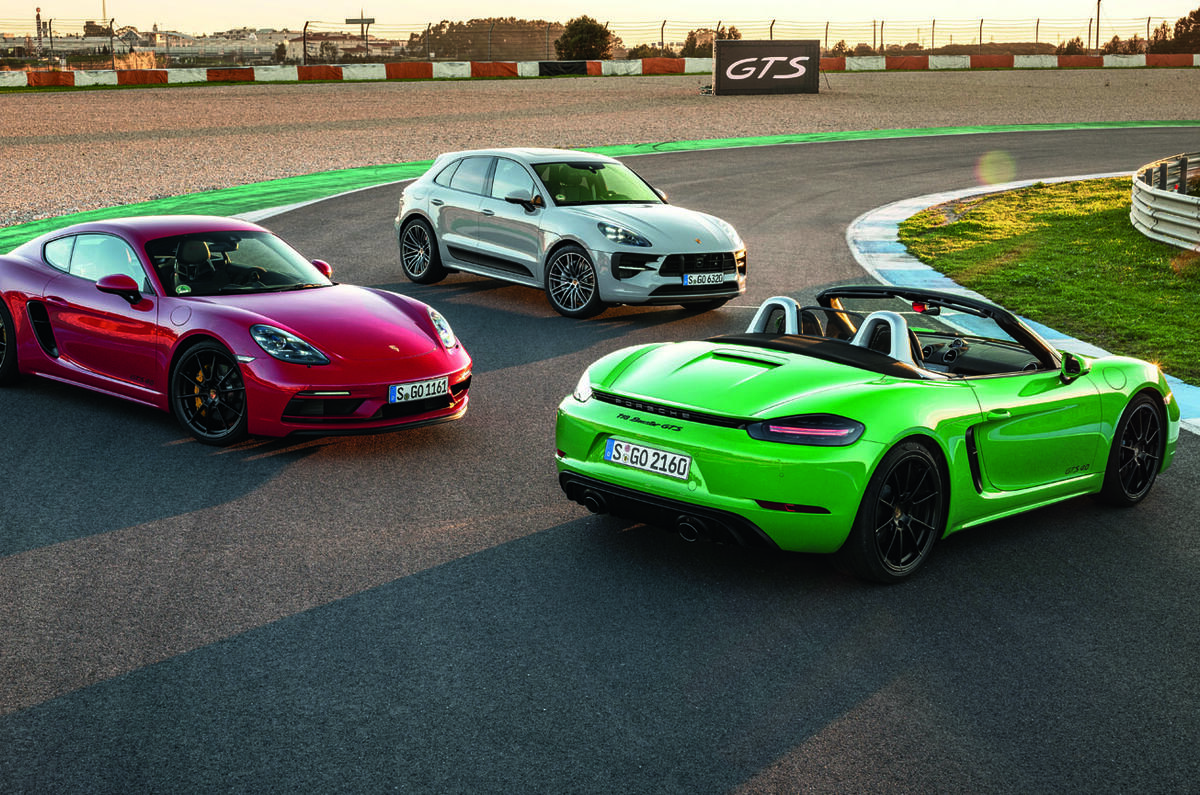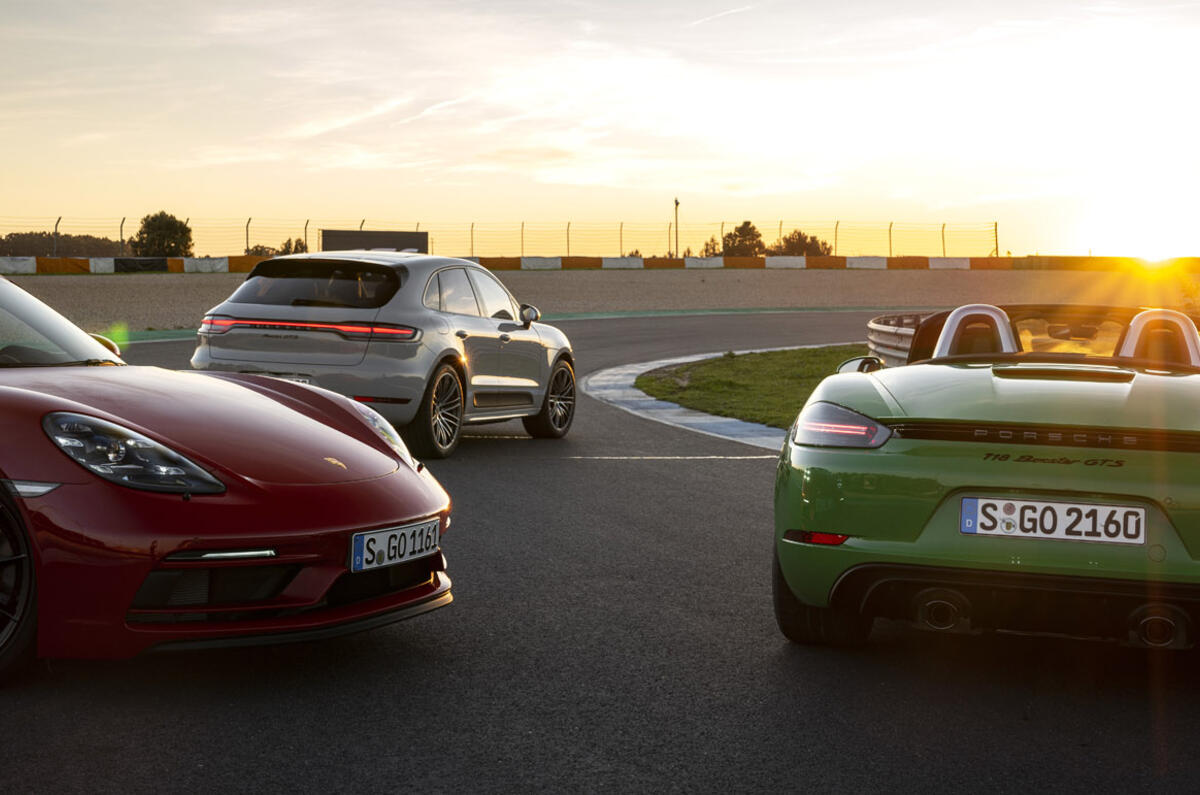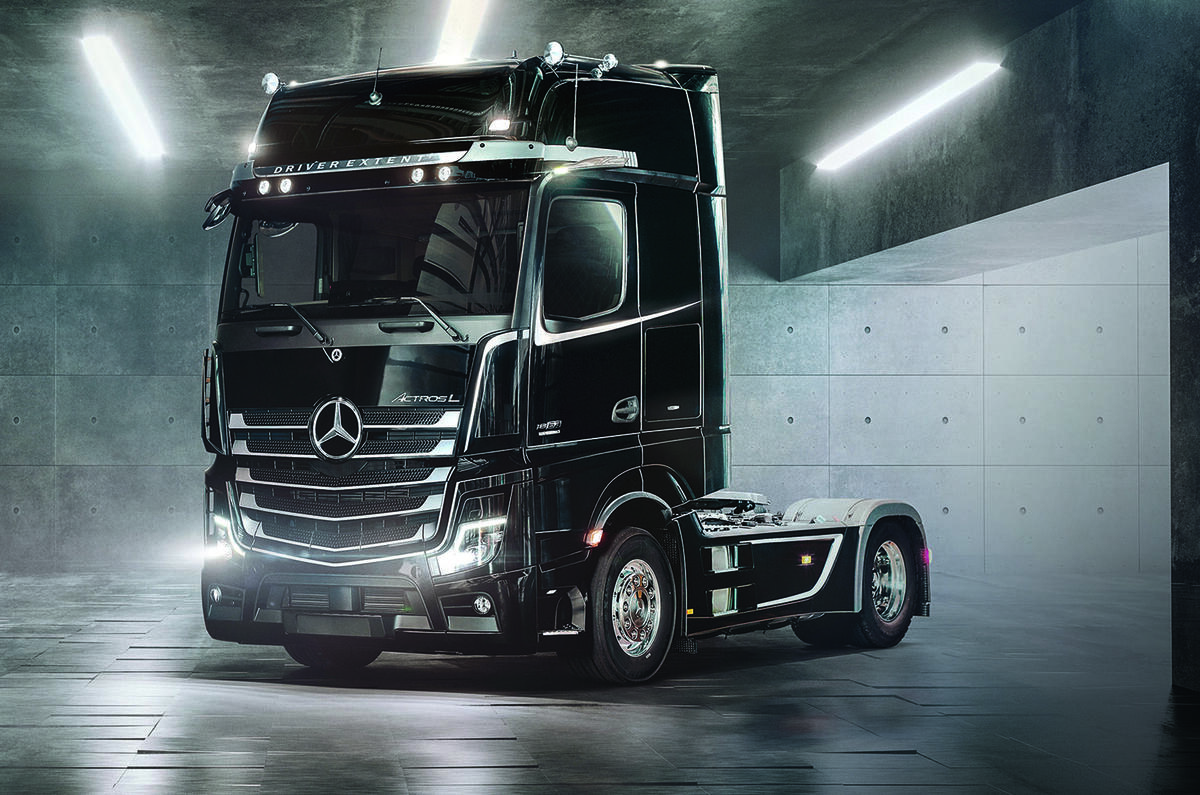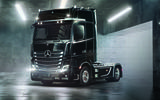News that the Volkswagen Group is pulling the levers to spin off the highly profitable Porsche company makes it the most high-profile example in recent months of a growing trend to divide up automotive groups.
Why manufacturers and their suppliers are doing this boils down to two reasons: unlocking value and better preparing themselves for the shift to electric away from internal combustion engines.











Join the debate
Add your comment
This will be more linked to how they can split future pension liabilities in my opinion... ICEswill be killed off way sooner than expected, and there are going to be massive pension liabilities coming and no sales to set them off against.
There are wheels within wheels. VW Group is looking at the astonishing multiples of earnings on which Ferrari trades and wondering how it can present Porsche in a way that will give its value some of that luxury sector magic. That’s one of the reasons why Stroll is determined to go head-to-head with one of the world’s most powerful and dominant car makers instead of owning the GT sector that is Aston Martin’s home ground. You don’t need to make the company any better; you just need to convince analysts that it’s something different.
A few Porsche engineers may brief against shared platforms, but the reality is that because they work with Audi, they can do far more. Their total development resource is vastly increased and the costs are shared over many more vehicles. Would we have such an excellent and diverse Porsche sportscar range if the SUVs were not on Audi platforms? Almost certainly not. Are Cayenne and Macan better or worse (and more affordable) for having Audi resources to drive their development and VW Group purchasing to tempt suppliers with combined volumes?
The other wheel in the Porsche decision is the family’s desire to establish a portfolio of luxury brands. If they acquire more of Porsche, they also acquire more of Bugatti and Rimac.
EV suffers from similar financial manipulation, except replace Ferrari with Tesla. Several vehicle manufacturers are wondering why they have huge EV businesses, great technologies, established global markets, yet their total business is valued at less than the newcomers. Their answer they see is to spin-out their EV businesses.
Ford is right about culture, but they need to change it across their business, not just in one area. You are right, Nick, about why VW refused to sign the climate commitment. This is going to be a two speed world, despite the EVangelists demanding that everyone makes only EVs. The result of that would be that regions with inadequate charging infrastructures would be forced to keep driving old technology ICE when they could have new, clean hybrids. The worry with Ford’s statement is that while they are saying to the financial markets “look, we are going to have a dynamic EV business that’s like Tesla, please value us like them,” they are also saying that they are not going to create this culture change in the rest of their business and that many of the synergies will be abandoned in order to visibly increase separation.
On the supplier side, Continental’s approach is very similar to the split of Delphi several years ago, when they put the autonomous driving and electronics business into a new firm which they gave a new name – Aptiv – to cleanse it of the ICE legacy, which became a separate company, Delphi Technologies. Personally, I think the Autonomous bubble has burst.
There are wheels within wheels. VW Group is looking at the astonishing multiples of earnings on which Ferrari trades and wondering how it can present Porsche in a way that will give its value some of that luxury sector magic. That’s one of the reasons why Stroll is determined to go head-to-head with one of the world’s most powerful and dominant car makers instead of owning the GT sector that is Aston Martin’s home ground. You don’t need to make the company any better; you just need to convince analysts that it’s something different.
A few Porsche engineers may brief against shared platforms, but the reality is that because they work with Audi, they can do far more. Their total development resource is vastly increased and the costs are shared over many more vehicles. Would we have such an excellent and diverse Porsche sportscar range if the SUVs were not on Audi platforms? Almost certainly not. Are Cayenne and Macan better or worse (and more affordable) for having Audi resources to drive their development and VW Group purchasing to tempt suppliers with combined volumes?
The other wheel in the Porsche decision is the family’s desire to establish a portfolio of luxury brands. If they acquire more of Porsche, they also acquire more of Bugatti and Rimac.
EV suffers from similar financial manipulation, except replace Ferrari with Tesla. Several vehicle manufacturers are wondering why they have huge EV businesses, great technologies, established global markets, yet their total business is valued at less than the newcomers. Their answer they see is to spin-out their EV businesses.
Ford is right about culture, but they need to change it across their business, not just in one area. You are right, Nick, about why VW refused to sign the climate commitment. This is going to be a two speed world, despite the EVangelists demanding that everyone makes only EVs. The result of that would be that regions with inadequate charging infrastructures would be forced to keep driving old technology ICE when they could have new, clean hybrids. The worry with Ford’s statement is that while they are saying to the financial markets “look, we are going to have a dynamic EV business that’s like Tesla, please value us like them,” they are also saying that they are not going to create this culture change in the rest of their business and that many of the synergies will be abandoned in order to visibly increase separation.
On the supplier side, Continental’s approach is very similar to the split of Delphi several years ago, when they put the autonomous driving and electronics business into a new firm which they gave a new name – Aptiv – to cleanse it of the ICE legacy, which became a separate company, Delphi Technologies. Personally, I think the Autonomous bubble has burst.